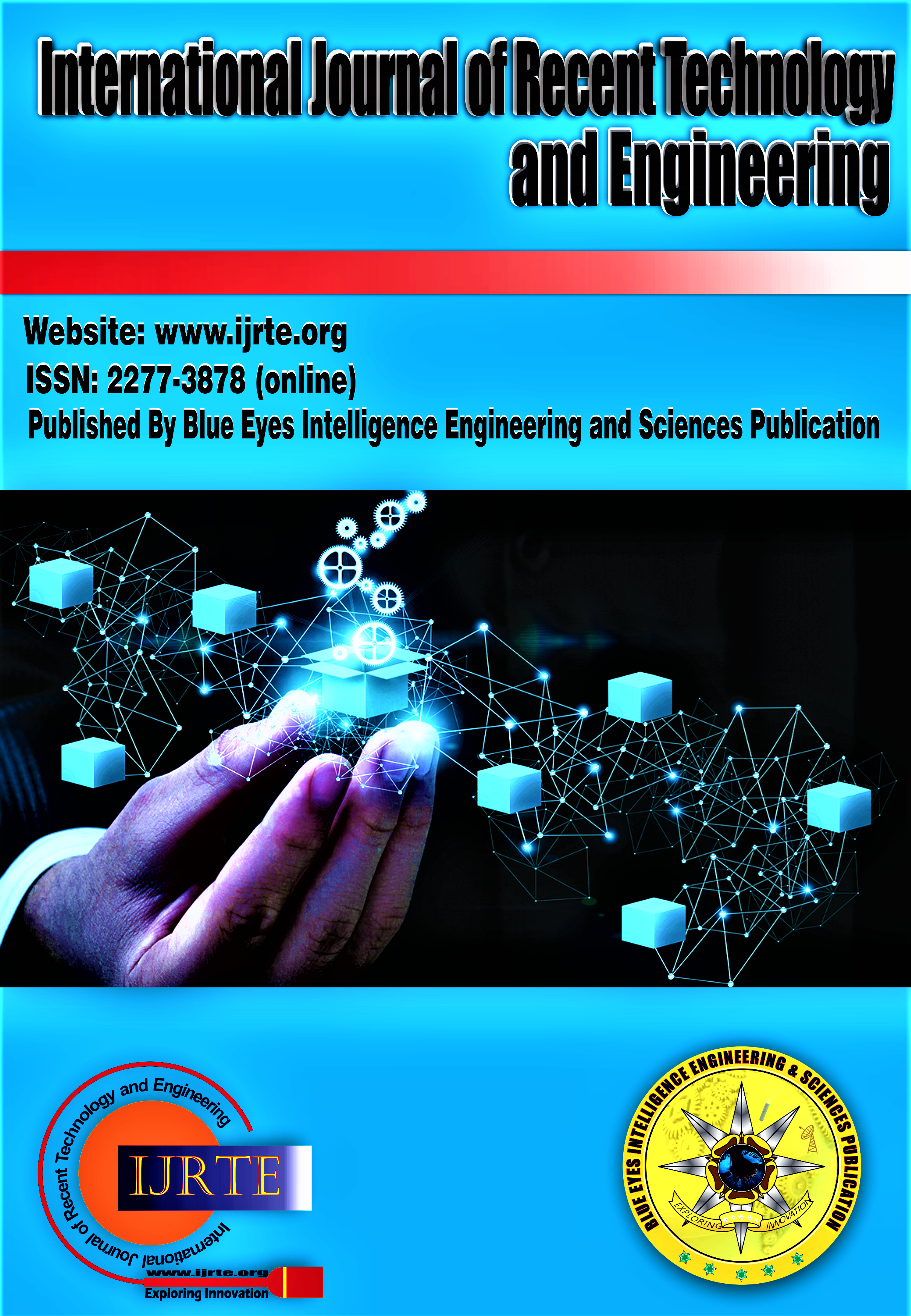A Framework to Optimize Student Performance using Machine Learning
Main Article Content
Abstract
For scholars, mining data and extracting information from huge databases has emerged as an intriguing field of study. Since a few decades ago, the concept of using data mining techniques to extract information has been around. The dataset was originally intended to be partitioned and the inherent features examined using classification and clustering algorithms. They base their predictions on these characteristics. These forecasts have been made in the area of educational data mining for a variety of reasons, including to predict student success based on personal characteristics and help students find the right professors and courses. These goals have been drawn from the attrition and retention of students. These objectives are the focus of our research on student attrition and retention. Additionally, we have found exciting variables that aid in predicting students' success, suggesting the most qualified instructors, and assisting them in course selection.
Downloads
Article Details
Section

This work is licensed under a Creative Commons Attribution-NonCommercial-NoDerivatives 4.0 International License.
How to Cite
References
Ioannis E. Livieris, Tassos A. Mikropoulos, Panagiotis Pintelas , “A decision support system for predicting students’ performance “, Themes in Science & Technology Education, 9(1), 43-57, 2016
Nicolay Rudnichenko, Vladimir Vychuzhanin, Igor Petrov, Denis Shibaev, “Decision Support System for the Machine Learning Methods Selection in Big Data Mining”, CEUR-WS, Vol-2608, 2020 https://doi.org/10.32782/cmis/2608-65
R. Sasi Regha, Dr R. Uma Rani, “Optimization Feature Selection for classifying student in Educational Data Mining”, International Journal of Innovations in Engineering and Technology (IJIET) Volume 7, Volume 7 Issue 4 December 2016 ISSN: 2319 – 1058
Rasha Radi Shalabi, “The Importance and Applications of Decision Support Systems (Dss) in Higher Education”, DOI: 10.6084/m9.figshare.12465599.v1, 2020
Khalid A. Fakeeh, “Decision Support Systems (DSS) in Higher Education System”, International Journal of Applied Information Systems (IJAIS) – ISSN : 2249-0868 Foundation of Computer Science FCS, New York, USA Volume 9 – No.2, June 2015
G Abaya, S. A., & Gerardo, B. D. (2013, September). An education data mining tool for marketing based on C4. 5 classification technique. In e- Learning and e-Technologies in Education (ICEEE), 2013 Second International Conference on (pp. 289-293). IEEE. https://doi.org/10.1109/ICeLeTE.2013.6644390
Aher, S. B., & Lobo, L. M. R. J. (2012). A comparative study of association rule algorithms for course recommender system in e-learning. International Journal of Computer Applications, 39(1), 48-52. https://doi.org/10.5120/4788-7021
Al-Barrak, M. A., & Al-Razgan, M. (2016). Predicting student’s final GPA using decision trees: a case study. International Journal of Information and Education Technology, 6(7), 528. https://doi.org/10.7763/IJIET.2016.V6.745
Anand, S. S., Bell, D. A., & Hughes, J. G. (1996). EDM: A general framework for data mining based on evidence theory. Data & Knowledge Engineering, 18(3), 189-223. https://doi.org/10.1016/0169-023X(95)00038-T
Azarcon Jr, D. E., Gallardo, C. D., Anacin, C. G., & Velasco, E. (2014).
Attrition and retention in higher education institution: A conjoint analysis of consumer behavior in higher education. Asia Pacific Journal of Education, Arts and SCIENCE, 1(5), 107-118.
Baker, R. S., & Inventado, P. S. (2014). Educational data mining and learning analytics. In learning analytics (pp. 61-75). Springer New York. https://doi.org/10.1007/978-1-4614-3305-7_4
Baradwaj, B. K., & Pal, S. (2012). Mining educational data to analyse students' performance. arXiv preprint arXiv: 1201.3417.
Bydžovská, H. (2013). Course Enrolment Recommender System (Doctoral dissertation, Masarykova univerzita, Fakulta informatiky).
Cabrera, A. F., Nora, A., & Castaneda, M. B. (1993). College persistence: Structural equations modeling test of an integrated model of student retention. The journal of higher education, 64(2), 123-139. https://doi.org/10.2307/2960026
Gupta, R., Gowalker, N., Patil, D. S., & Joshi, Dr. S. D. (2019). Predicting Risk in Sentiment Analysis using Machine Learning. In International Journal of Engineering and Advanced Technology (Vol. 9, Issue 1, pp. 455–460). https://doi.org/10.35940/ijeat.a9540.109119
Radhamani, V., & Dalin, G. (2019). Significance of Artificial Intelligence and Machine Learning Techniques in Smart Cloud Computing: A Review. In International Journal of Soft Computing and Engineering (Vol. 9, Issue 3, pp. 1–7). https://doi.org/10.35940/ijsce.c3265.099319
Nikam, S. S., & Dalvi, Prof. R. (2020). Fake News Detection on Social Media using Machine Learning Techniques. In International Journal of Innovative Technology and Exploring Engineering (Vol. 9, Issue 7, pp. 940–943). https://doi.org/10.35940/ijitee.g5428.059720
Sharma, P., & Site, S. (2022). A Comprehensive Study on Different Machine Learning Techniques to Predict Heart Disease. In Indian Journal of Artificial Intelligence and Neural Networking (Vol. 2, Issue 3, pp. 1–7). https://doi.org/10.54105/ijainn.c1046.042322
Behera*, D. K., Das, M., & Swetanisha, S. (2019). A Research on Collaborative Filtering Based Movie Recommendations: From Neighborhood to Deep Learning Based System. In International Journal of Recent Technology and Engineering (IJRTE) (Vol. 8, Issue 4, pp. 10809–10814). https://doi.org/10.35940/ijrte.d4362.118419





